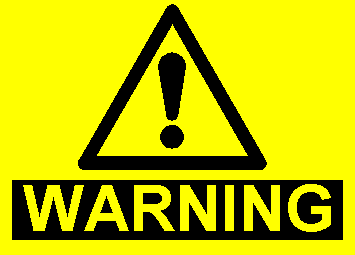The Volokh Conspiracy
Mostly law professors | Sometimes contrarian | Often libertarian | Always independent
Crafts? Good. Science? Good. "Crafty science"? Not good

In legal science, it turns out that "crafty science" means fortunetelling and spell-casting, as in this Joplin, Mo., ordinance:
Any person who shall advertise by display of a sign, circular or handbill, or in any newspaper, periodical, magazine or other publication, or by any other means, to tell fortunes or reveal the future, to find or restore lost or stolen property, to locate oil wells, gold or silver or other ore or metal or natural products, to restore lost love, friendship or affection, or to reunite or procure lovers, husbands, wives, lost relatives or friends, or to give advice in business affairs, or advice of any kind or nature to others for or without pay, by means of occult or psychic powers, faculties or forces, clairvoyance, psychology, psychometry, phrenology, spirits, mediumship, seership, prophecy, astrology, palmistry, necromancy or like crafty science, cards, talismans, charms, potions, magnetism or magnetized articles or substances, oriental mysteries, crystal gazing or magic of any kind or nature shall be deemed guilty of a misdemeanor.
Many such ordinances may violate the First Amendment, but here I just want to note the "crafty science" label. The legal phrase, by the way, apparently dates back to a statute from Henry VIII's reign (in 1531), and which punishes - with a certain poetry to it -
all … idle persons going about in any countries or abiding in any city borough or town, some of them using divers & subtle crafty & unlawful games & plays & some of them feigning themselves to have knowledge in physic, physiognomy, palmistry, or other crafty science whereby they bear the people in hand, that they can tell their destinies deceases & fortunes & such other like fantastical imaginations to the great deceit of the King's Subjects ….
But the phrase in lay language appears in the Canterbury Tales, referring there specifically to alchemy, but perhaps just as a special case of the general concept of occult knowledge (likely stemming from an obsolete meaning of "craft" - "occult art, magic" - plus "science" in the sense of "a particular area of knowledge or study").


Show Comments (0)